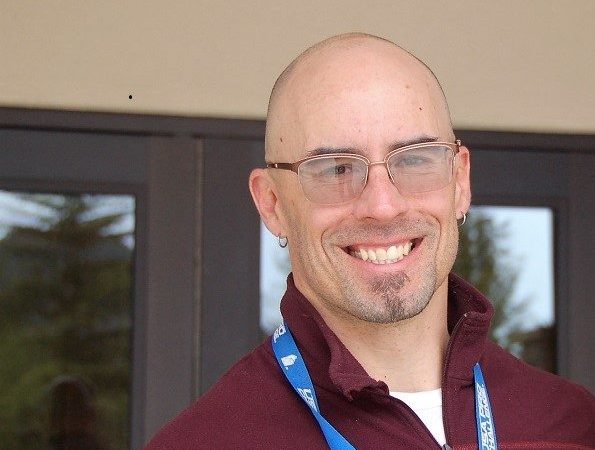by Walt Hester
I came into recovery, like so many, with extremely low self-esteem. The joke in recovery is that I didn’t think much of myself, but I was all I thought of. While I entered my 12-step fellowship immediately, it took me years to realize that one good habit I brought with me would serve me and my recovery for years to come.
The founder of The Phoenix, Scott Strode, states that something happens when we partake in athletic endeavors early in recovery. As we begin achieving goals, our self-esteem improves. As this happens, our identity shifts. We are no longer defined by the substance or disease that nearly killed us. We are no longer addicts. We become people in recovery; Survivors.
This is not an automatic event, not a switch that is thrown. This attitude takes time. It also takes more than movement. Exercise is not a replacement for the 12 Steps or therapy. Exercise is an adjunct, another tool in our recover toolbox. This, as it turns out, is something with which most addicts, in recovery or not, can identify; if one is good, more is better.
Exercise can by meditative. When one is hanging off of a rock face, forearms pumped, grip wavering, all one thinks of is the next handhold. The same is true with swimming or cycling or running. Just get through the next movement. This keeps us in the here and now in ways that we had not been capable of in the past. We don’t worry about the mistakes of the past or the mysteries of the future.
Similarly, movement can be a form of prayer. Perhaps there is an issue, a problem or challenge that I will take onto the bike during a long ride or even a walk with my family. The movement seems to lubricate those parts of my mind that help me solve the issue. I could explain the science, but then you would click on to something, anything, else. Just trust me on this.
Movement, exercise, athletics, can also promote fellowship. Many addicts, myself included, isolated in the latter stages of the disease. Shame and resentment drove me away from family and friends. Like the 12-Step programs, finding groups of like-minded people to share this experience helps us to break out of that isolation. We build friendships instead of walls. We relearn how to be a part of a community, instead of a part from. This promotes that sense of belonging that we craved but seemed incapable of before. It also begins to promote accountability. Like exercise, if one feels obligated to show up, one is more likely to follow through.
Exercise improves the bodies and brains of people recovering from addiction. It is also so much more. Our minds clear and our spirits are lifted as we lift more, run faster and climb higher. We feel better about ourselves as we encourage others to reach their goals. It’s another recovery tool. We can never have too much of that.


